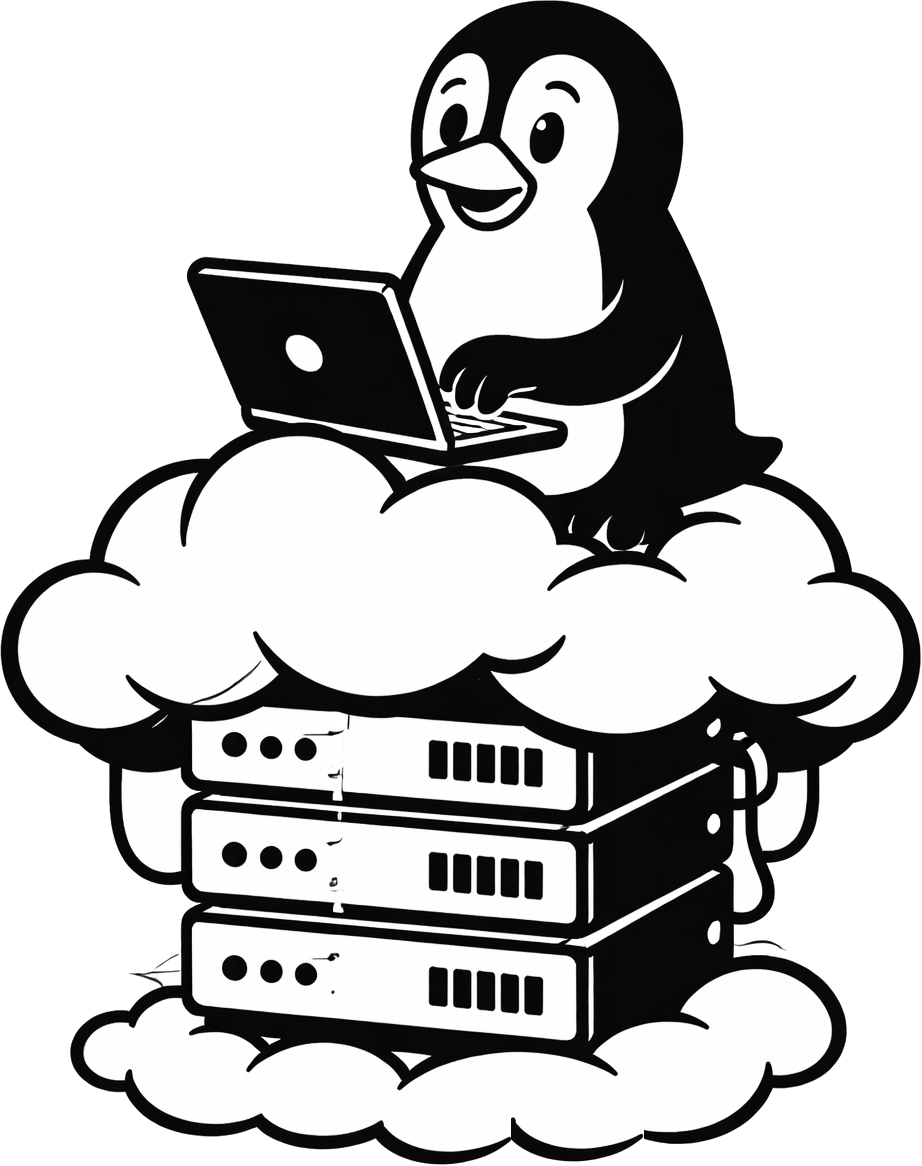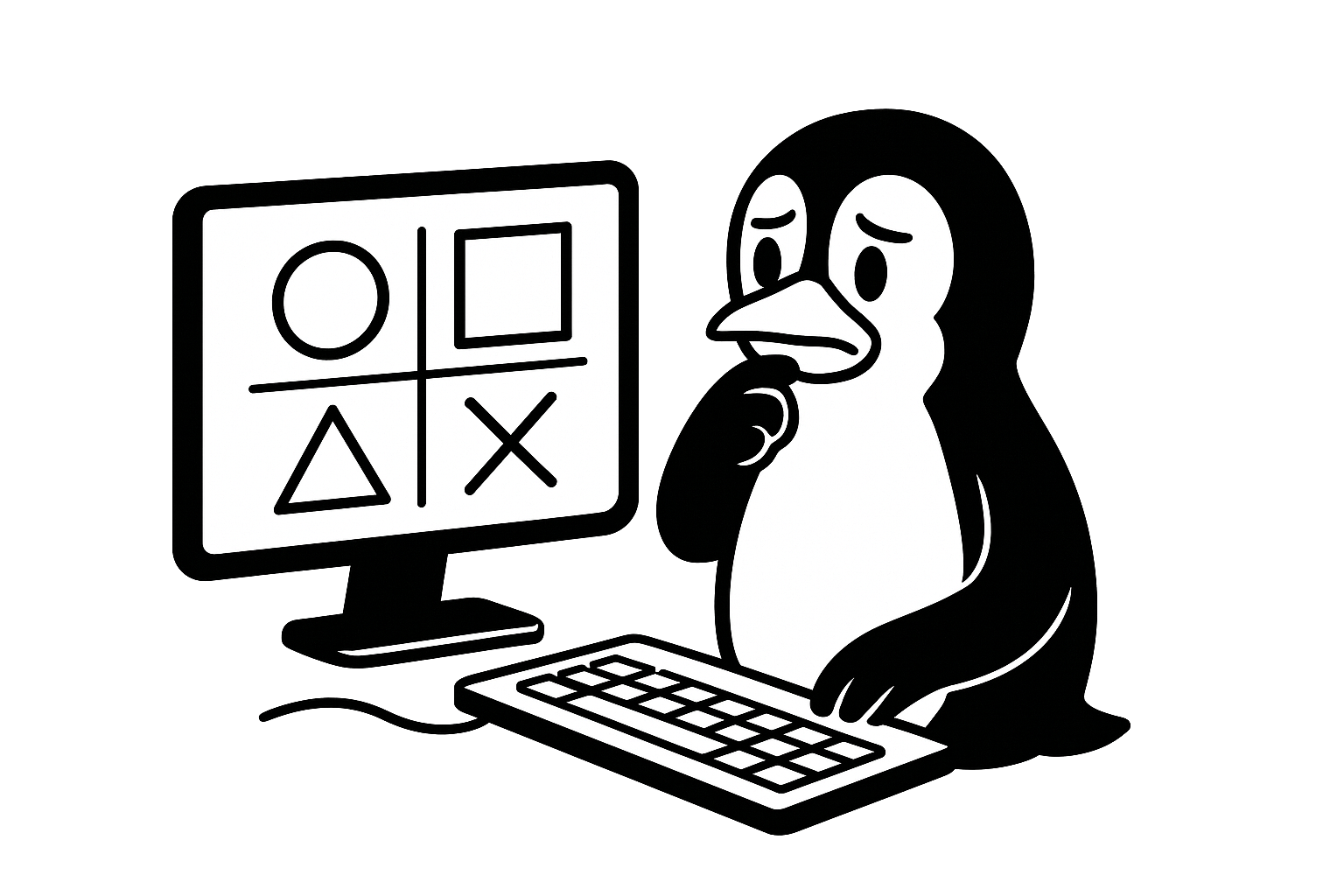
How to Choose a Linux Distro: The Complete Guide
Choosing a Linux distribution can feel overwhelming. With hundreds of options, each with different philosophies, features, and use cases, where do you even begin?
Read More
Choosing a Linux Distro: Server Edition
Updated January 14, 2026
So, you’ve decided to build a home server— a reliable, always-on machine for file storage, media streaming, hosting services, or running containers. Choosing which distro to use can be a difficult decision with so many each with its own set of pros and cons.
Read More
Choosing a Linux Distro: Mobile Edition
Tired of being locked into the Google and Apple duopoly? Looking for more privacy, control, and freedom from Big Tech on your mobile device? Linux-based mobile distributions offer compelling alternatives that put you back in control of your phone or tablet.
Read More
Choosing a Linux Distro: Which Distro?
Updated January 9, 2026
So, you have decided to install Linux and need to choose a distribution or ‘distro’. Or maybe you’re already a Linux user and are just looking to try out something new. Either way, with hundreds of different Linux distros available, the choice can be daunting, as each one offers its own unique set of advantages and trade-offs.
Read More
Choosing a Linux Distro: Community-Based or Corporate-Backed?
When choosing what Linux Distribution to use, a key factor can be who is developing the distro and for what purpose. Basically, this boils down to community-based distributions such as Arch Linux and Debian and corporate-backed distributions such as Ubuntu and Fedora. There are some key differences between the two types that I will discuss here which may impact which type of distro you choose.
Read More
Choosing a Linux Distro: Rolling or Fixed?
Linux distributions are constantly updating their software and packages to new versions and there are two main ways that a distribution can do this, a fixed release model and a rolling release model. So, what are the differences, and which one is right for you?
Read More
Choosing a Linux Distro: Which Desktop Environment?
Updated December 23, 2025
The look, feel, and features of your Linux distribution are greatly impacted by the desktop environment or DE that it uses. A desktop environment is basically a selection of packages that work together to give you a full, cohesive experience. Some distributions focus on a particular DE while others make using any of them easy. To help with the decision of which DE to use I will briefly describe my top picks and some pros and cons of each.
Read More